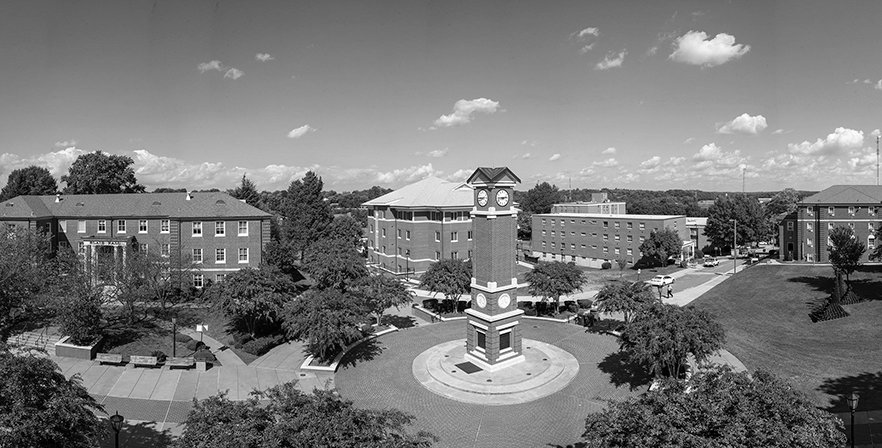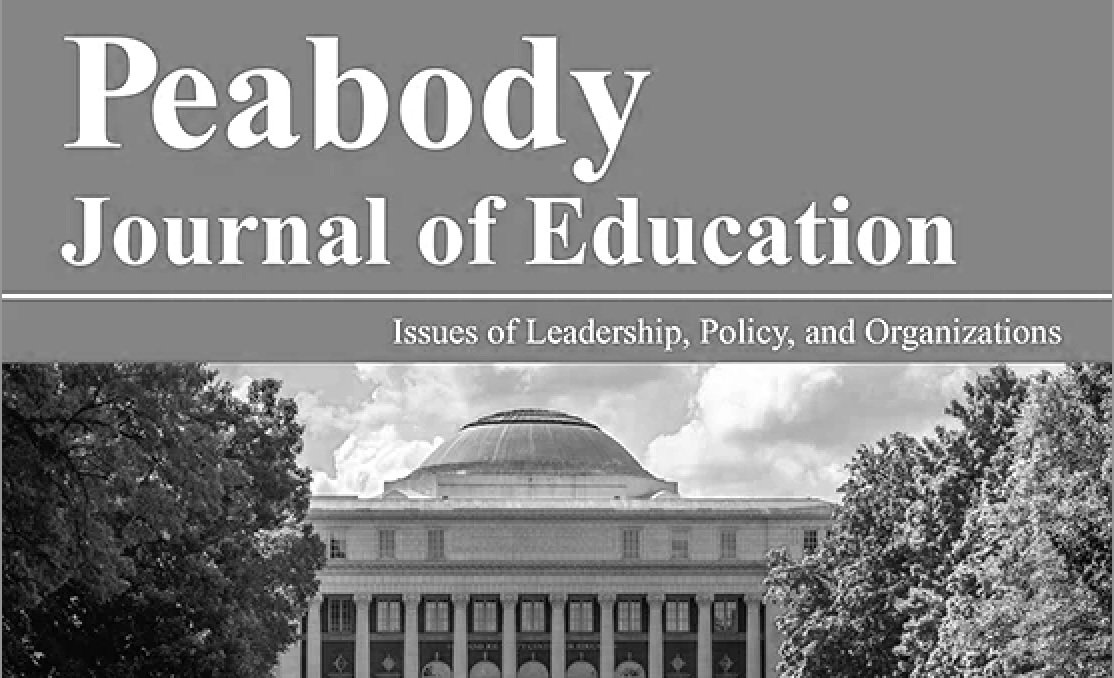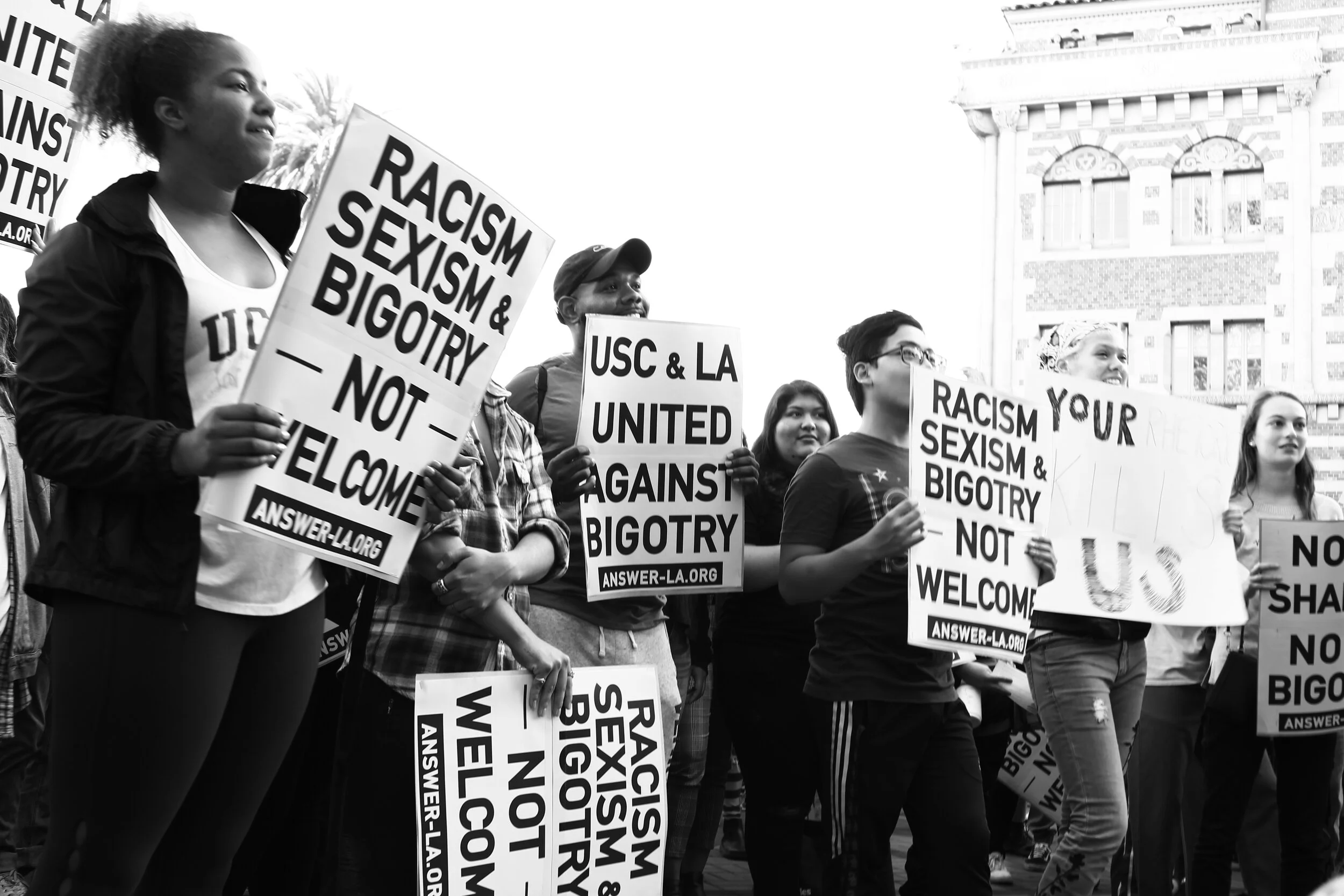Calls to abolish police from college campuses have grown considerably louder over the years. In particular, following the murder of George Floyd in 2020, colleges were forced to seriously consider their role in legitimizing the institution of policing. For decades, however, concerned students, faculty, staff, and community members have sounded the alarm that, for marginalized people, campus policing is as detrimental as municipal policing.
Read MoreThe parallel movements for police-free schools and police-free college campuses encouraged educational researchers to further investigate education’s policing problem, but also the broader realities about public safety at the intersection of education and society. Altogether, new demands emerged for the abolition of school and campus police as well as the socioeconomic conditions that necessitate their presence.
Read MoreBroadly speaking, No Study Without Struggle rigorously engages the systemic and structural entanglements of oppression and organized resistance within education and its social con- texts. Bringing together historical records, oral histories, and contemporary case examples, Patel beautifully illustrates relationships of power through the analytical lens of settler colonialism.
Read MoreYesterday morning, Leila Hamoud, a Black woman undergraduate, was arrested in her classroom at Winston Salem State University (WSSU) by university police officers. Dr. Davis and the Campus Abolition Research Team weigh in on the promise of abolition for our nation’s HBCUs.
Read MoreFrequent incidents of racist hate speech on college and university campuses continue to instigate an ideological battleground between legal purists, anti- racist scholars, and those otherwise situated somewhere therein. We find that arguments from legal purists are predicated upon a false-equivalency between racist and anti-racist speech where the effect, value, and embedded power dynamics of the former are often disregarded.
Read MoreCurrent popular policymaking theories, however, are inadequate to understand this phenomenon, as they under-theorize the role of racialized power in policymaking – e.g., the racialized network of policy elites and their core beliefs. In this chapter, we endeavored to bring together existing theory, research, and contemporary policymaking examples to offer a framework of racialized policymaking that explicitly describes the lack of progress for racial equity in higher education.
Read MoreTy’Ron Douglas and colleagues’ recent book Campus Uprisings broadly considers the practical possibilities for creating inclusive campus cultures amid the persistent and troubling racial realities on college and university campuses in the United States. As the editors of this volume suggest in the introduction, racist incidents have garnered increasing attention in national and local news.
Read MoreToday, more than 44 million Americans owe more than $1.7 trillion in student loan debt—the largest source of debt next to home mortgages nationally. Contrary to President Biden’s recent statements in response to a town hall question about his plans for student debt relief, this burden is not exclusively attributable to privileged graduates of America’s wealthiest colleges.
Read More


![No Study Without Struggle [Review]](https://images.squarespace-cdn.com/content/v1/51ab9fa0e4b06a38e604420a/1680215931600-M137URHDDBAG7VMTYGDB/No%2BStudy%2BWIthout%2BStruggle.jpg)




